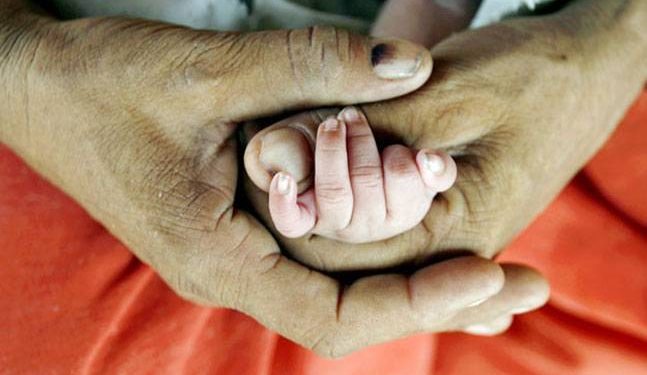The plethora of schemes launched by the State government has had their fair share of critics since long. Many had been sniggering that such programs or rather doles only helped to enrich cadres of the ruling political outfit or resources thus spent had a negative impact on social mindset, thereby making people at large unwilling to or incapable of work. While, on one hand, such criticisms may not be completely pushed aside, on the other, the positive aspect of the numerous schemes launched earlier cannot be ignored either. It is safe to say that in a welfare democratic society it is imperative on part of the government to ensure that the weakest of the weak do not go unheeded.
Orissa had seen the desperate situation of the neglected elderly and the poor in rural as well as urban pockets of the state dying of hunger. This was a scenario that had haunted Orissa since the early 1980s. One may recollect the news continually emanating from Kalahandi and Koraput about parents selling their young children for a few thousand rupees. Although the scourge of bonded labor still remains in some limited pockets, the news of death due to lack of food had diminished or rather vanished from the horizon of Orissa.
This scenario seems to have changed gradually. While the state government has proposals to launch yet another new scheme to financially assist women undergoing the pains of separation or divorce, the original programs of poverty amelioration seem to have been cast aside. This conclusion could be mistaken but for the few incidents that have come to light through the media. The first such example was reported about two months ago from Bisalpal village under Binika police station area of Sonepur district where a grandmother was tempted to sell her grandson for her own survival. The more recent incidents are both from the coastal Balasore district. On 27 August this year, Pithahata village in Nilgiri Block of Balasore saw a mother sell her five days old girl child due to acute poverty. Similarly on 13 September at Jaragapadia area of Balasore town, a couple sold their seven-day old male baby for reasons of poverty.
These are not events that could possibly be ignored. While applauding the government much earlier we had, in this same column, warned that lethargy added with monotony and absence of monitoring mechanisms could lead the good results achieved into terrible outcomes. The situation seems to be veering towards what we had predicted earlier. The positivity may have been waylaid in the long duration of time in between. It is also possible that if any mechanism of monitoring and stock taking were indeed introduced, the man power involved in those activities could be turning careless or less vigilant. It may not be out of place to suggest here that the authorities need to sit up and start taking stock of the situation at the ground-level. All things, especially good things, seem to pass. Let that old adage not come true in our state. The government could seek more people’s participation in implementing and choosing actual beneficiaries to ensure that the slide is stopped forthwith.







































